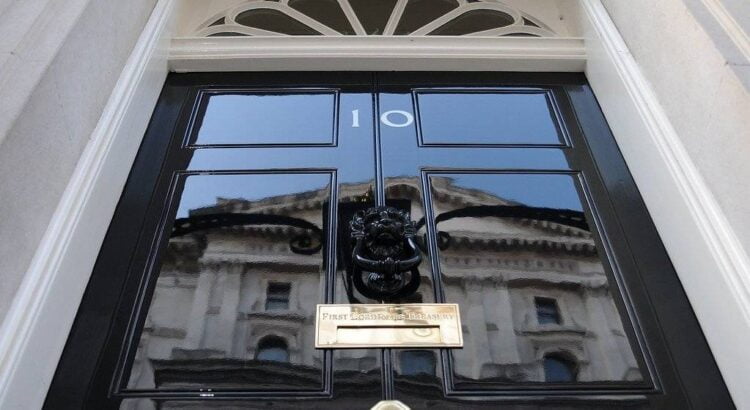It seems that we increasingly lurk from one crisis to another. The horrors of the last week in the Middle East can stir our emotions in many ways and it is right that we should be attentive to the suffering of others wherever they are. Of course, this conflict creates ripples through religious communities here in the UK as well, but one of the virtues of people of faith is that they can often reach out to aid those who are suffering beyond the immediate crises, holding the urgent and the ongoing in tension, and thereby offering a sense of stability that the fleeting interest of the news cycle cannot. Faith reaches the parts nothing else can. This seeing the unseen, noticing the unnoticed, is an essential role that faith plays in UK society today.
As well as having an awareness of the suffering of others, the other position we can take is thankfulness for the freedoms that we enjoy here in the United Kingdom. The rule of law and democracy should not be taken for granted. When there is corruption and rule breaking even by our leaders, we can be assured (as embarrassing as it is to our national pride) that these things are exposed and rooted out. We have an ability to improve.
As a former teacher and someone who still is involved with educational leadership, the measurement of ‘ability to improve’ is something I have come across many times in education settings. It is not based on a school and college being perfect. But more on the ability to recognise where there are weaknesses, how these weaknesses can be mitigated or even improved upon. Ability to change – is measured by individual and institutional self- awareness and an expression to those looking on, for the sake of accountability. The observer has the opportunity not to be merely a critical spectator but can take an active role to shine a light and be a reminder of the actions that need to be taken for improvement.
As we move ever closer to a General Election, we can see that party leaders are testing their policy ideas and sound bites. There is an energy as departments and ministers shorten their to do lists to focus on what is actionable in the short-term.
The time for bringing policy input from a faith and community perspective may be over….
Or is it?
“You always do what you want to do!” – this was a much-said maxim when I was growing up. There is of course much truth in it. We do the things we want to do. Within reason this is the same for politicians and leaders. They will do what want they want, they may hide behind manifestos and policy decisions but they will have enthusiasm for what they want, (even if that is just to please their electorate and get elected).
Thus, now could be the time for ‘under the wire’ requests. What matters to you and your faith community? What should politicians hear? What are the things which will make a difference, to the people you know of who are unnoticed? It is under the wire because these things don’t often have to be displayed in shiny lights, but they can be done quietly. We after all want positive change, we don’t need to take a bow. We just want to make a positive difference.
In the past, FaithAction has published manifesto ideas in the lead up to a general election. Many remain as relevant for today as they were during former times. However, this election we are going to be surveying our members over a longer period to understand ‘what is important to you?’. We want to invite as many responses as possible from people of faith – so we can see how well parties’ manifestos reflect the wishes of faith communities.
Keep an eye out in the coming weeks as we launch a poll to begin gathering those insights.
